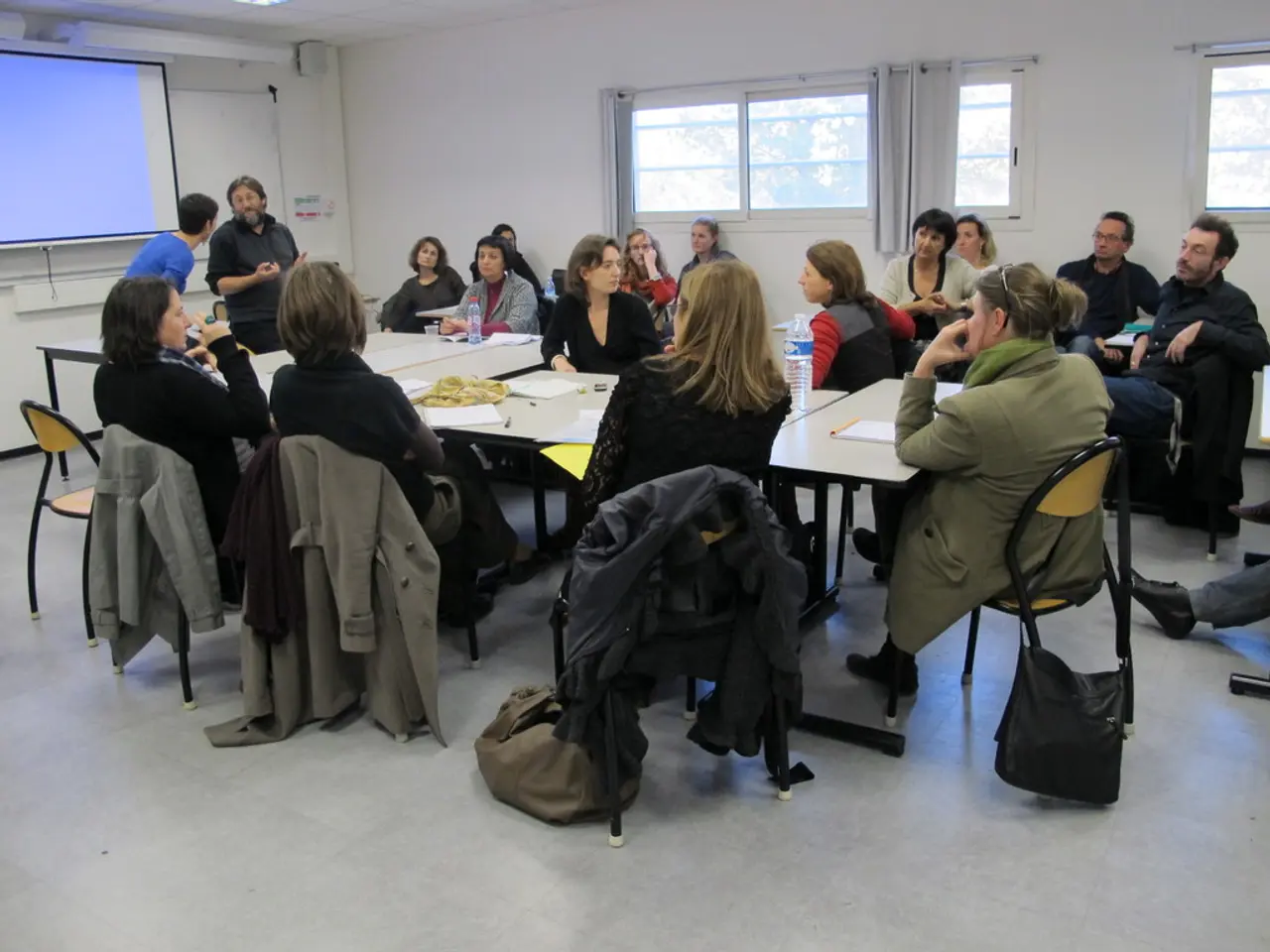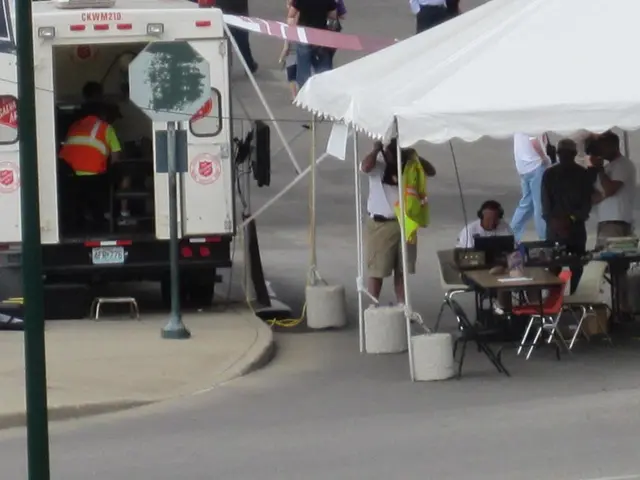World leaders from Europe and the United States ready for a summit with Putin
The leaders of Europe are gathering today to coordinate their stance ahead of the upcoming talks between President Donald Trump and Russian President Vladimir Putin, focusing on the ongoing Russian-Ukrainian conflict. The discussions, which will also include Ukrainian President Volodymyr Zelensky and US Vice President JD Vance, aim to maintain a united transatlantic front against Russia and ensure a peaceful resolution that upholds international law and Ukraine's territorial integrity.
The European Union, with 26 of its 27 member states in agreement, has expressed its support for Ukraine's independence and territorial integrity. This unity is crucial, as Europe’s largest support for Ukraine lies in its economic sanctions and political backing alongside the United States. Leaders stress that Washington’s leverage is greatest when working in concert with European countries, including Germany, France, and the UK.
One of the key concerns for European leaders is the potential for territorial concessions in any peace deal. Although the details from the White House meeting were scarce, Europeans are wary of any peace deal requiring Ukraine to cede territory to Russia. Putin’s agenda, as understood by Europeans, involves demanding that peace talks address “root causes” in ways that could legitimize territorial gains, which Europe opposes.
Another point of emphasis is the need for security guarantees for Ukraine. Trump has signaled willingness to provide U.S. security guarantees, an idea long pushed by European states. Europeans are working to define what a “Coalition of the Willing” could do—potentially involving European troops deployed on Ukrainian soil with U.S. intelligence sharing and logistical support, but no U.S. combat troops. This coalition aims to enforce a long-term peace and prevent future Russian aggression.
The European leaders emphasize the need for negotiations based on respect for Ukraine’s sovereignty and international law. They view the talks as an opportunity to pursue peace that does not reward illegal annexation or violate the principles of territorial integrity. The path to peace in Ukraine cannot be decided without Ukraine, and the EU countries have made it clear that they will not support any agreement that undermines Ukraine’s sovereignty or European security architecture.
In a recent development, Zelensky has intensified contacts, notably to warn that there is no indication on the ground that Russia is preparing to cease its offensive started in February 2022. This underscores the urgency for a peaceful resolution to the conflict.
The talks are organized by Germany with the aim of discussing options to pressure Russia regarding possible peace negotiations, territorial claims, and guarantees. However, it is important to note that the leaders of Ukraine and the United States will meet with Putin on Friday in Alaska, without the participation of European representatives.
Despite the coordinated efforts, Hungary has refused to sign the EU statement supporting Ukraine, raising questions about the unity of the European front. Nevertheless, the European leaders remain resolute in their commitment to a peaceful resolution that upholds international law and serves long-term regional stability.
[1] The Washington Post, "European leaders coordinate their position on the Trump-Putin talks about the Russian-Ukrainian conflict," 1st July 2023. [2] Reuters, "European leaders and officials of the European Union are gathering today with the presidents of the United States and Ukraine for virtual talks," 1st July 2023. [3] CNN, "European leaders emphasize the importance of a united transatlantic front to maintain leverage against Russia," 1st July 2023.
- Despite Hungary's opposition, European leaders are committed to maintaining a united transatlantic front, emphasizing the importance of discussions on the Trump-Putin talks about the Russian-Ukrainian conflict, focusing on territorial integrity, international law, and peace.
- This united front is crucial, as Europe’s largest support for Ukraine lies in its economic sanctions and political backing alongside the United States, with discussions aimed at enforcing a long-term peace and preventing future Russian aggression.








